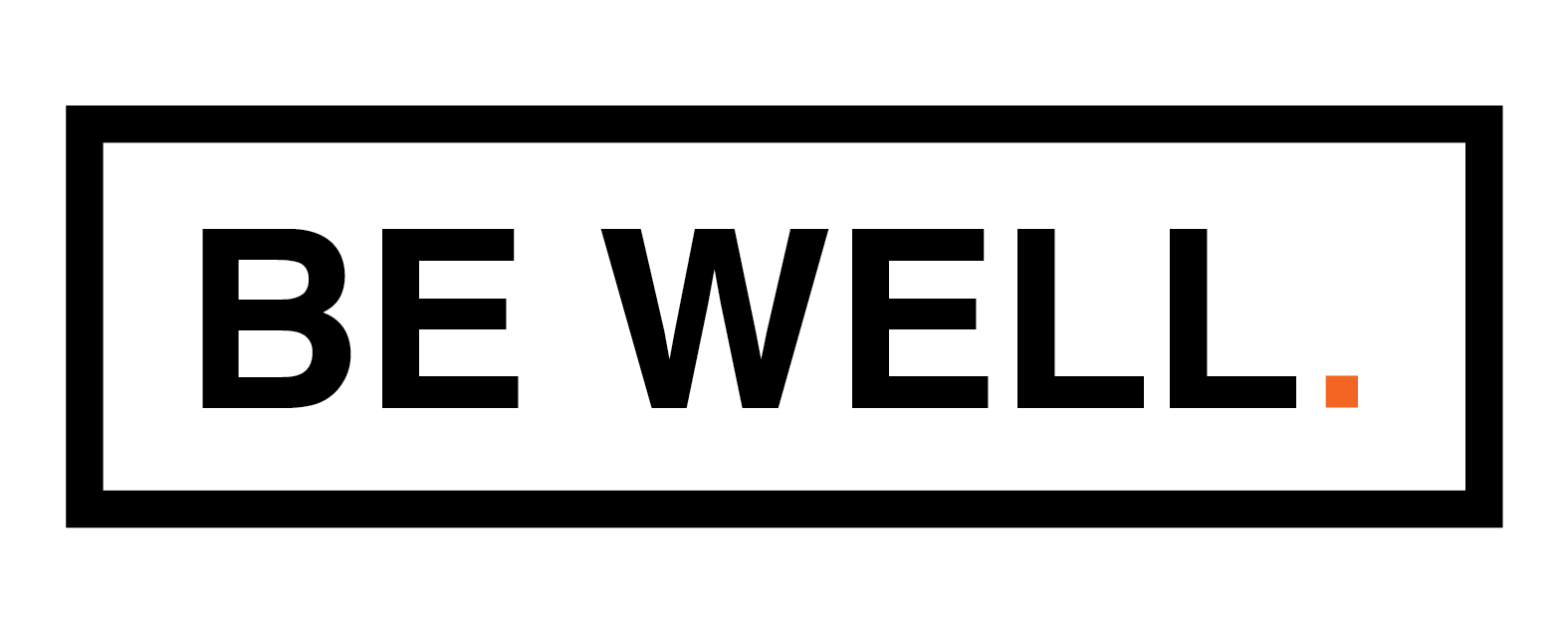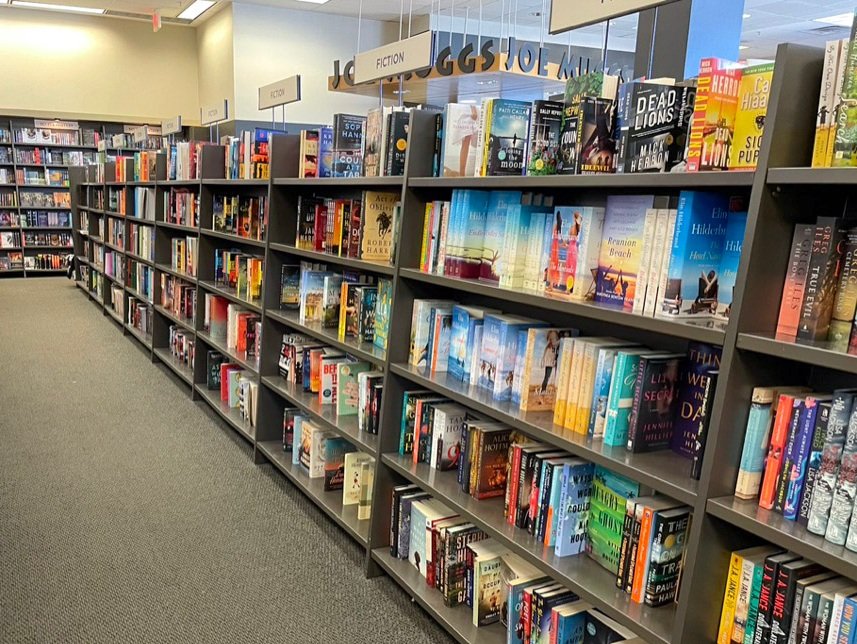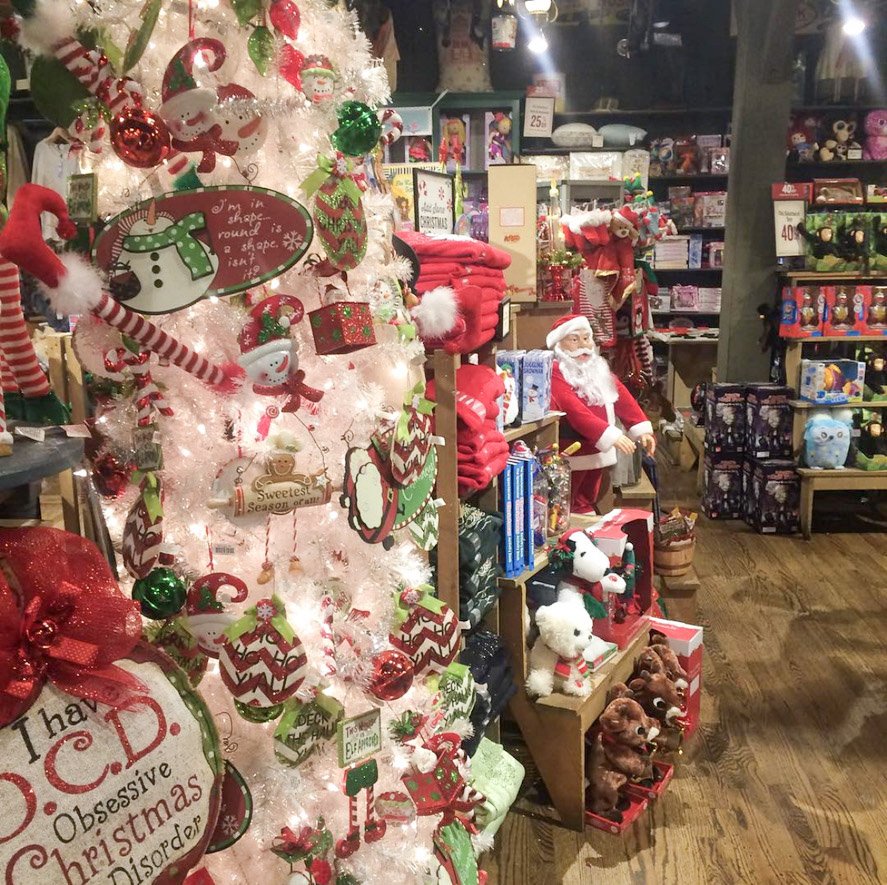Read (Banned Books) Across America Week

Read Across America Week is dedicated to motivating children and young adults to read more.
You might remember celebrating this in school during early March – although it may be more recognizable as Dr. Suess Day, due to the holiday being celebrated on the beloved author's birthday. But Read Across America is about more than having green eggs and ham at lunch. It was established by the National Education Association in 1998 to encourage kids to get excited about reading by introducing them to diverse stories. Read Across America Ambassador, Marley Dias, stated that this event is important because “Diverse stories provide kids with different perspectives and help them see how others think and feel.”
This week is usually celebrated by doing read-a-thons, writing book reviews, or participating in book swaps. However, to celebrate this week, I’m sharing a list of some of the books that have been challenged, or outright banned, from schools across America. The NEA has spoken out against this for years, warning how dangerous it is to prevent students from having the opportunity to expand their knowledge through books. While it may not seem like a big deal on the surface, the list of books being banned is getting longer every day, and with it, people are being deprived of the opportunities to expand their knowledge and creativity. It might surprise you which books have made this list, especially since some of them may have been books you loved or were required readings for your classes growing up.
1.) To Kill a Mockingbird by Harper Lee
This classic has been taught in schools for years. This book follows Atticus Finch's attempt to prove the innocence of Tom Robinson, a black man who has been wrongly accused of assaulting a white woman in 1930s Alabama. The story is told through the point of view of Scout, Finch’s young daughter, over the span of three years. To Kill a Mockingbird is both a coming-of-age novel as well as a legal and domestic fiction. It focuses on growing up in a segregated South, deals with the topic of racism, and prompts discussion about the issues of a ‘white savior.’ James LaRue, director of the American Library Association’s Office for Intellectual Freedom, says: “The most current challenge to it is among the vaguest ones that I’ve ever heard… it ‘makes people uncomfortable.’” However, most would argue that this is exactly why it needs to be accessible.
2.) The Giver by Lois Lowry
Despite its status as a Newberry Award winner, The Giver has been challenged as early as 1994, only one year after it was originally published. The book is set in a futuristic world where emotions are sedated, memories are erased, and the overseeing government makes citizens’ choices for them – ranging from a person’s career or their spouse. When twelve-year-old Jonas is chosen to be the new Receiver of Memory, he learns about how the world used to be and starts to rebel against the oppressive systems. Author Lois Lowry spoke out against the banning and said: “I think banning books is a very, very dangerous thing. It takes away an important freedom. Any time there is an attempt to ban a book, you should fight it as hard as you can. It's okay for a parent to say, 'I don't want my child to read this book.' But it is not okay for anyone to try to make that decision for other people. The world portrayed in The Giver is a world where choice has been taken away. It is a frightening world. Let's work hard to keep it from truly happening.”
3.) The Perks of Being a Wallflower by Stephen Chbosky
This book is probably the most controversial on the list. Author Stephen Chbosky has lost count of how many times his book has been challenged to be banned over the years. The story of Charlie includes heavy topics and suggestive themes that may be inappropriate for children. However, Charlie represents many young adults who are dealing with trauma, mental health, and identity issues. Through a first-person narrative told in the form of letters, readers see how high-school freshman Charlie overcomes these things in his own way. While the topics in the book are sensitive, it may be more dangerous not to discuss them. Learning through the experience of fictional characters can help readers find ways to be vulnerable and learn from their favorite characters.
“Banning books gives us silence when we need speech. It closes our ears when we need to listen. It makes us blind when we need sight.” ― Stephen Chbosky
4.) The Hunger Games by Suzanne Collins
This book series is what middle school girls are made of. Do I even need to add a synopsis? If you haven’t read the book, then you have at least seen the films. Many schools have challenged the book series due to its violence, the accusation that it is anti-family and anti-ethics, and its themes around rebellion and challenging authority. However, this overlooks the book’s success in raising awareness of the dangers of influential media and a tyrannical government. It allows readers the opportunity to become critical thinkers and learn empathy.
“Telling a story in a futuristic world gives you this freedom to explore things that bother you in contemporary times.” — Suzanne Collins
5.) Anne Frank: Diary of a Young Girl by Anne Frank
For many years, Anne Frank’s life was erased. While her diary is one of the most well-known books in the world, parts of her life are still being censored. Anne Frank: Diary of a Young Girl has been challenged many times due to the descriptions of her growth and examination of her identity. Some places have brought in rewritten versions of her diary to omit these parts of the book and others have removed the book entirely from their shelves. Anne Frank’s Diary is a moving story of a real girl that readers can connect with and learn from. This book is an important part of our history, and it is often how serious and respectful conversations about WWII begin among young students.
“I want to be useful or bring enjoyment to all people, even those I've never met. I want to go on living even after my death!” — Anne Frank
No one is claiming that students have to read these books, but taking away the opportunity to read them is a disservice to students around the world. People should have the choice to learn about diverse perspectives to appreciate their positions and empathize with different ones.
“We cannot prepare young people to succeed in our diverse nation and interconnected world by removing books from library shelves and curricula and censoring what educators…teach. We prepare students for the future by planting the seeds for lifelong curiosity and growth and nurturing the skills of discernment and reasoning. All students must be free to learn, free to read, and free to be who they are.” — Marc Egan, Director of Government Relations at the National Education Association.
Read a book today, and…
Be well, Auburn.
Writer
After getting her associate degree, Sophi transferred to Auburn Univerity to study Communications and English. She had been indifferent towards Auburn before, but after chanting Bodda Getta at football games and indulging in some Toomer’s lemonade, Sophi embraced the Auburn community with open arms. She plans to pursue a career in publishing as a book editor. Sophi is involved with the university’s literary magazine, The Auburn Circle, on prose staff.
If you haven’t guessed by now, Sophi is an avid reader who can talk for hours about her favorite books. She will recommend just about anything by Agatha Christie or Madeline Miller if you ask. When she doesn’t have her nose stuck in a book, you can find her running or playing sand volleyball at The Rec, hanging out at her apartment with her roommates and friends, or playing the annoyingly addictive Block Blast game on her phone.









